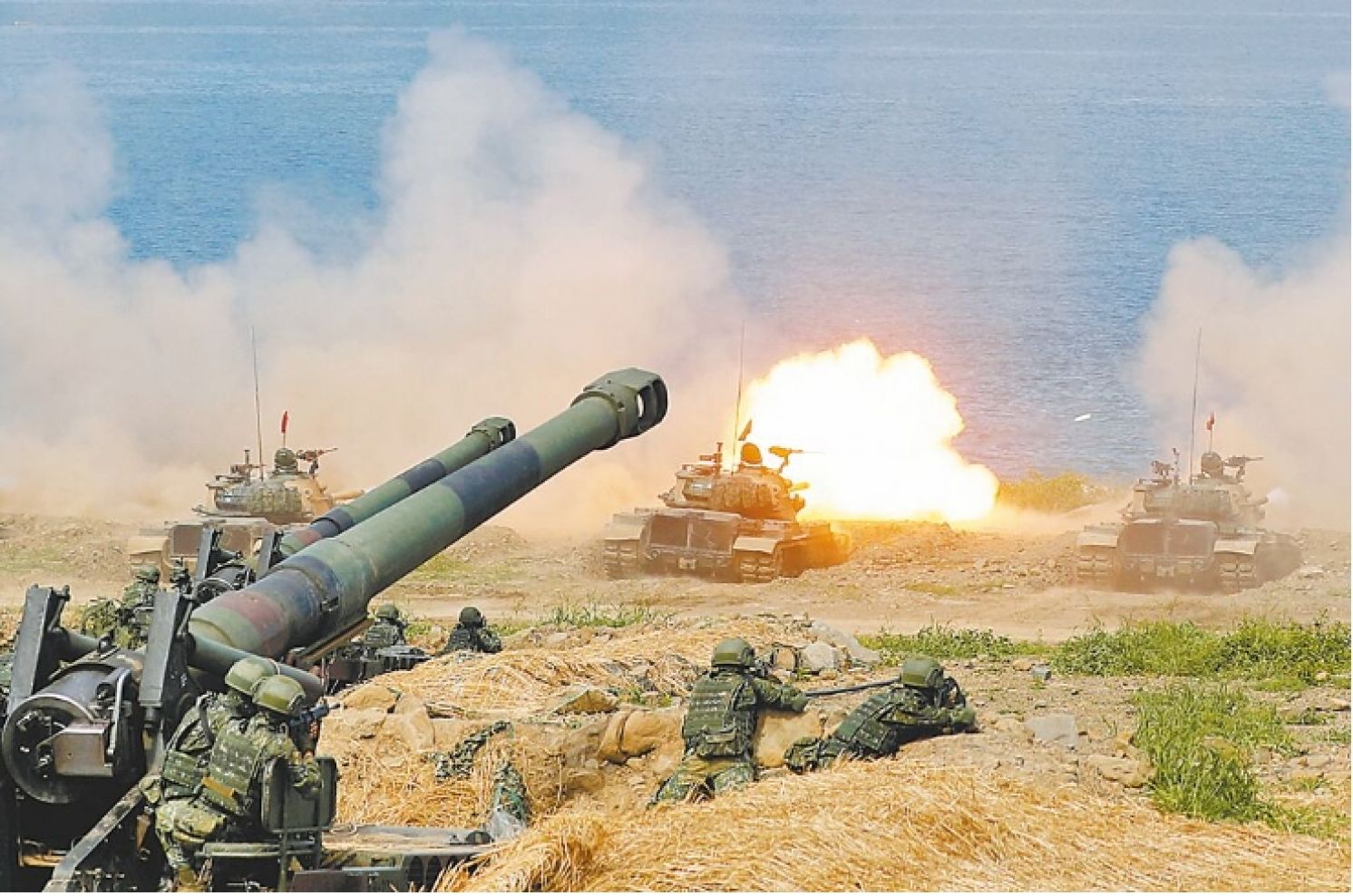
This Week in Taiwan 0730-0805
July 30: Speaker Hsieh Tien-lin of the Changhua County Council, the most prominent local speaker supporting Terry Gou, announced his departure from the Kuomintang (KMT), becoming the second speaker to quit the party after Speaker He Sheng-feng of the Nantou County Council. Gou left a message on Hsieh's Facebook to pay his respects. According to Gou, while Hsieh's party membership may no longer exist, his party spirit will last forever. Only when the opposition unites and integrates successfully will it win the presidential and legislative elections and bring the Republic of China from the brink of war to the right track of peace.
July 31: The official website of the Taiwan People's Party (TPP) used the slogan "Vote White, Vote Right," similar to the slogan used by American white supremacists in the past, generating controversy. Since the incident, the TPP quickly removed relevant content and responded that there is no concept of "white supremacy" in Taiwan. The original intention was to express that supporting "white" (referring to the TPP's party color) is the "right" choice. But after receiving feedback from foreigners, the party removed the controversial slogan.
August 1: The Taiwan Semiconductor Manufacturing Company (TSMC) admitted a few days ago that the mass production of the 4-nm process will be postponed to 2025 due to a lack of skilled personnel to build a plant in Arizona. In response, Aaron Butler, president of the Arizona Building and Construction Trades Council, retorted that Arizona has an experienced workforce building and assembling fabs for Intel for over 40 years. He criticized TSMC for trying to find an excuse to bring in lower-paid foreign workers.
August 2: Last year, fraud in Taiwan reached NT$7 billion (about US$220 billion). Employees of T Star, a telecom operator, purchased a large number of phone numbers in the name of multiple companies and then resold them to fraud groups in mainland China. The National Communications Commission (NCC) believes that T Star has not properly implemented customer identity checks and reviews, and its internal control mechanism has failed. The NCC decided to increase the relevant penalty to NT$16 million (about US$504,960), the highest penalty to date in the telecommunications industry.
August 2: Vice President William Lai will serve as President Tsai Ing-wen's special envoy to attend the Paraguayan presidential inauguration of Santiago Peña. The Office of the President announced that the trip will start on August 12 and last for seven days and six nights, making stops in New York and San Francisco. Secretary-General Lin Chia-lung and Huang Chong-yen will also accompany Lai. As it was reported recently that the United States has reservations about Lai's comments about "entering the White House," Lin and Huang's place in the delegation has attracted speculation.
August 2: Kuomintang (KMT) presidential candidate Hou Yu-ih concluded his visit to Japan. Hou stated that he clearly explained three things to Japan: Taiwan must avoid war and pursue peace; strengthen national defense and arms to improve Taiwan's self-defense; and engage in cross-strait dialogue to avoid conflict. Only when the Taiwan Strait is stable and safe can Japan truly feel at ease. Hou stated that he will protect Taiwan with his life until his death.
August 3: The United States recently announced that it would provide US$345 million worth of military aid to Taiwan. Maeng Yong Rim, head of North Korea's Ministry of Foreign Affairs responsible for China affairs strongly condemned the United States for turning Taiwan into a "powder keg" and pushing the Taiwan Strait to the brink of war. It is rare for North Korea to issue a strong warning on arms sales to Taiwan. The comments may signify that China and the United States are making alliances as confrontation on the Taiwan Strait escalates.
August 4: The Financial Supervisory Commission announced the relaxation of regulations, allowing banking and securities firms to put more data on the cloud. The financial industry believes that this move has strategic significance. Accelerating the industry's transfer of financial data to the cloud will ensure that financial services will not be interrupted in the event of a crisis in the Taiwan Strait.